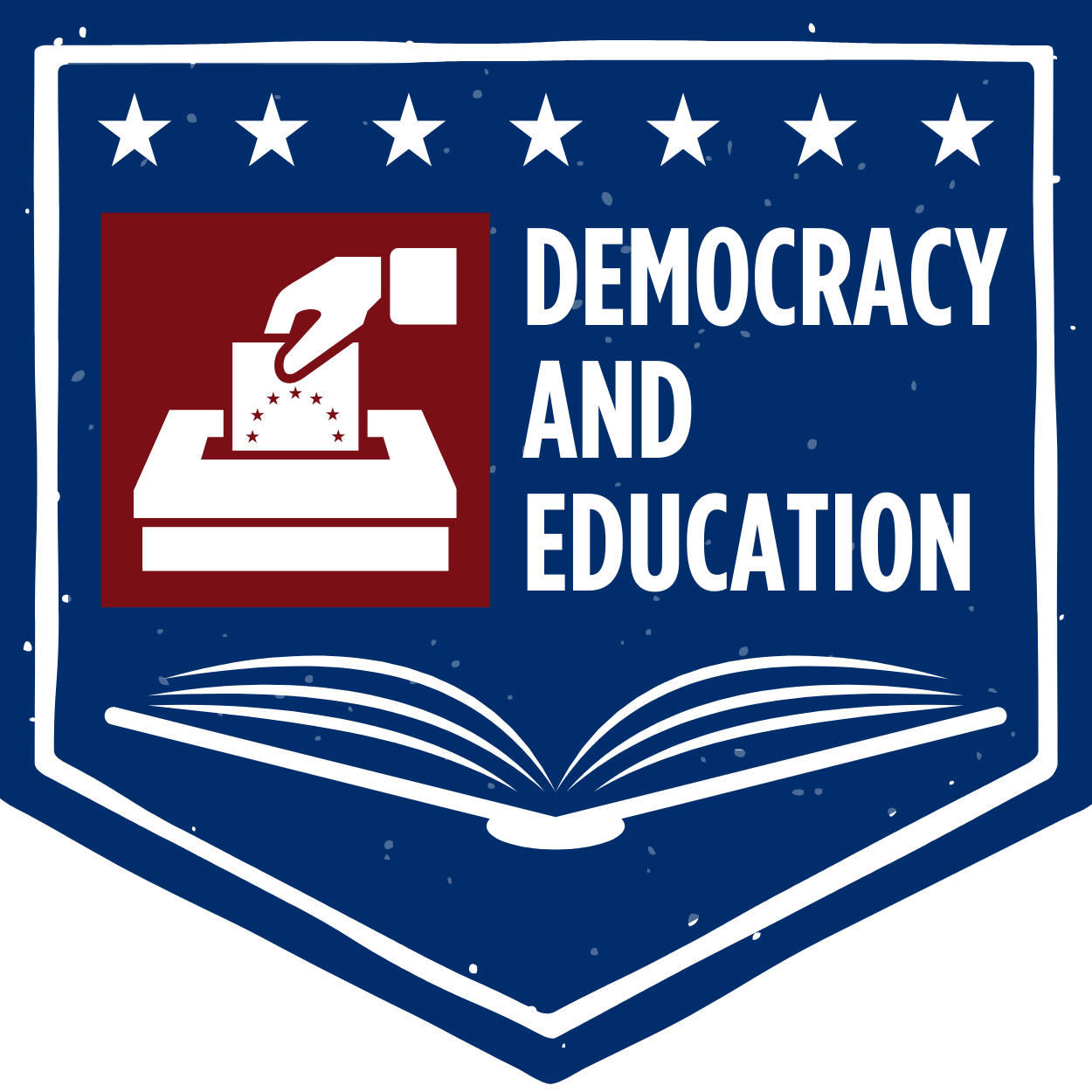What School Board Candidates Need to Know
School board members get up to speed on a lot of topics in order to do their jobs, but candidates can’t wait until they have the office to learn. They must know a lot of this information in order to speak to voters and win elections.
That’s where we come in. Our subject briefs are short, sweet, and to the point.
Topics include school assessment, funding, standards and curriculum, and even the controversies around Critical Race Theory and Social-Emotional Learning. Each is available as a PDF at the top of each page. Notice any topics we’re missing? Contact us through the Connect page and we’ll get to work.

Is Academic Achievement Improving or Deteriorating?
Academic achievement in the U.S. has improved over the decades. Nationwide data shows the average student is reading and doing math better than the average student of their parents’ and grandparents’ generation. This is not the story typically told by those who want to denigrate public education. Still, we are not yet where we want to be or should be.

The Research on Teacher Pay
Although there is no clear research demonstrating that higher teacher pay leads to better student outcomes, there are reasons to believe they are related.

What Parents and the Public Think about Schools
A misleading narrative has developed that parents have become deeply unhappy with and distrustful of their children’s schools because of building closures during COVID, masking requirements, and what is characterized as “indoctrination” of children.

Transgender Children
Because 1.4 percent of young people from the ages of 13-17 identify as a different gender from what they were thought to be when born, most schools should expect that some students will need support as they explore their gender identity.

What Works in Education
For the past few decades, the federal government has encouraged educators, mostly in exchange for grants, to adopt “scientifically based” or “evidence-based programs and teaching methods. So how do we know what works well for our children?

Social-Emotional Learning
Not only can every child learn; every child is hardwired to learn. But the ability to learn is intertwined with a
child’s sense of self and well-being.

Standards and Curriculum
Every child in our school district deserves a good education, and that means ensuring that the money we spend on schools is distributed fairly.

School Funding
Every child in our school district deserves a good education, and that means ensuring that the money we spend on schools is distributed fairly.

Local School Boards
More than 88,000 school board members serve more than 13,000 local school districts, acting as the citizens’ voice in public education. They are the most numerous of all elected officials, and in many ways the face of small-d democracy.

Reading Instruction
We know how to teach the vast majority of children to read. While a few will seem to learn to read easily with little instruction, most children need the help of a trained teacher. The fact that so many children are still not strong readers means many schools and districts are not fully using the knowledge developed over decades of research.

The Federal Role in Education
The U.S. Constitution does not mention education. As a consequence, the federal role in education is secondary to that of the states, almost all of which guarantee a tuition-free education in their constitutions. Perhaps the most important federal role is to ensure that states and local districts don’t discriminate in schools, a role it plays more or less assiduously depending on who is president.

The Extremist Threat to Public Schools
Many extremist organizations are working to deliberately undermine confidence in public schools in order to dismantle them and privatize education. Although they don’t always state this, it is not at all a secret.

Culturally Relevant Teaching
We need to make sure that children from all backgrounds find a welcome in our schools and are helped to achieve at high levels.

Assessment
Good assessment goes beyond giving grades. It’s about helping understand how students are thinking, and where they’re getting stuck.

Book Bans
Over the past two years organized groups have disrupted school board meetings and intimidated educators, claiming that school libraries contain books that are "pornographic" or "anti-white” and demanding their removal.These book banning efforts are really thinly veiled targeting of Black, LGBTQ+, and Latino students that are part of a larger project of undermining confidence in public education and, more broadly, democracy.

Critical Race Theory
The term “critical race theory” was coined by law professors Derrick Bell and Kimberle´ Crenshaw, among others, who asked the question: “Why are there still disparities after the Civil Rights Movement?”

